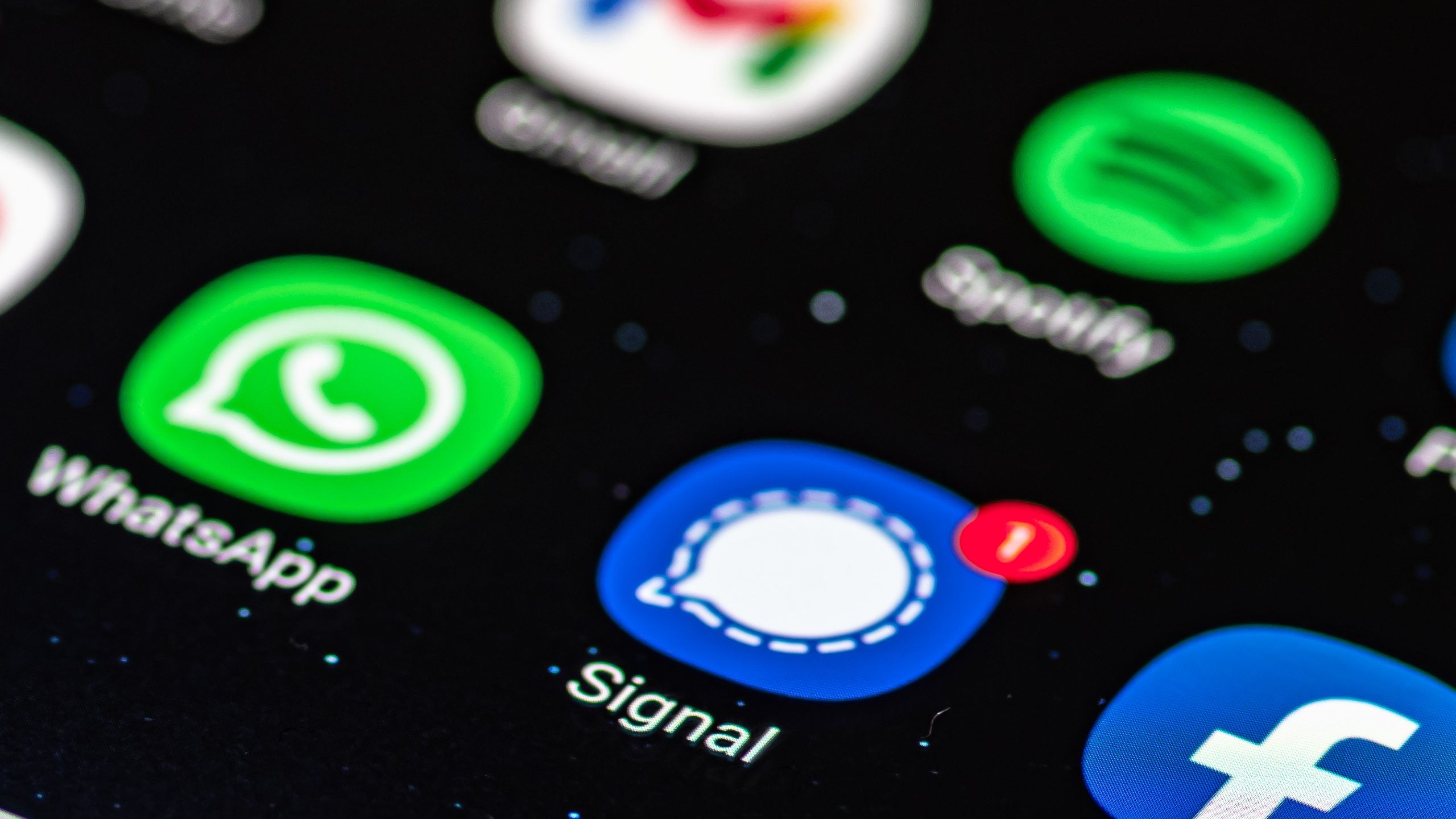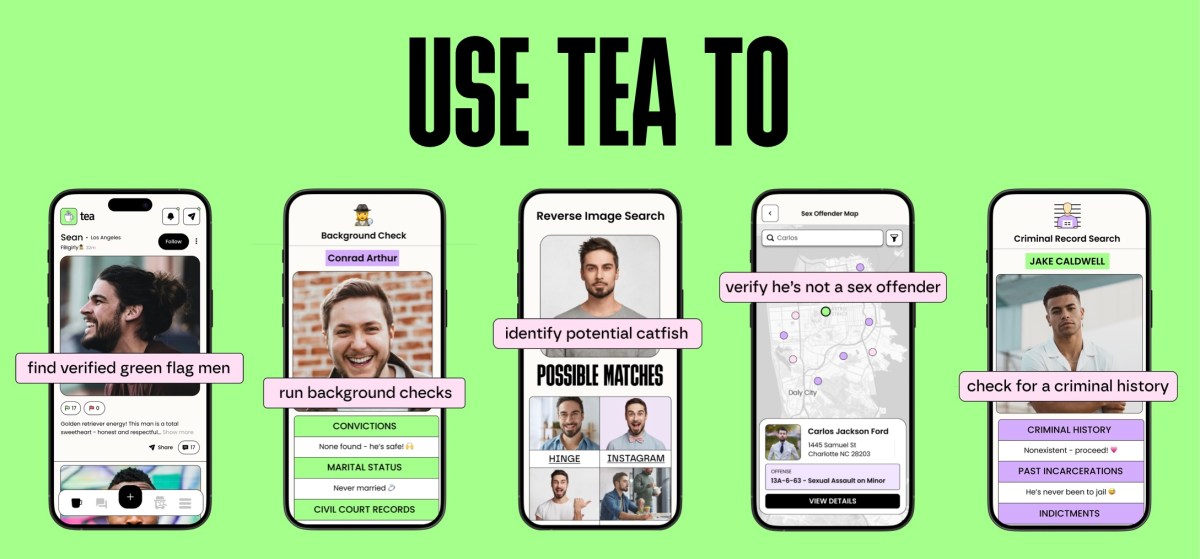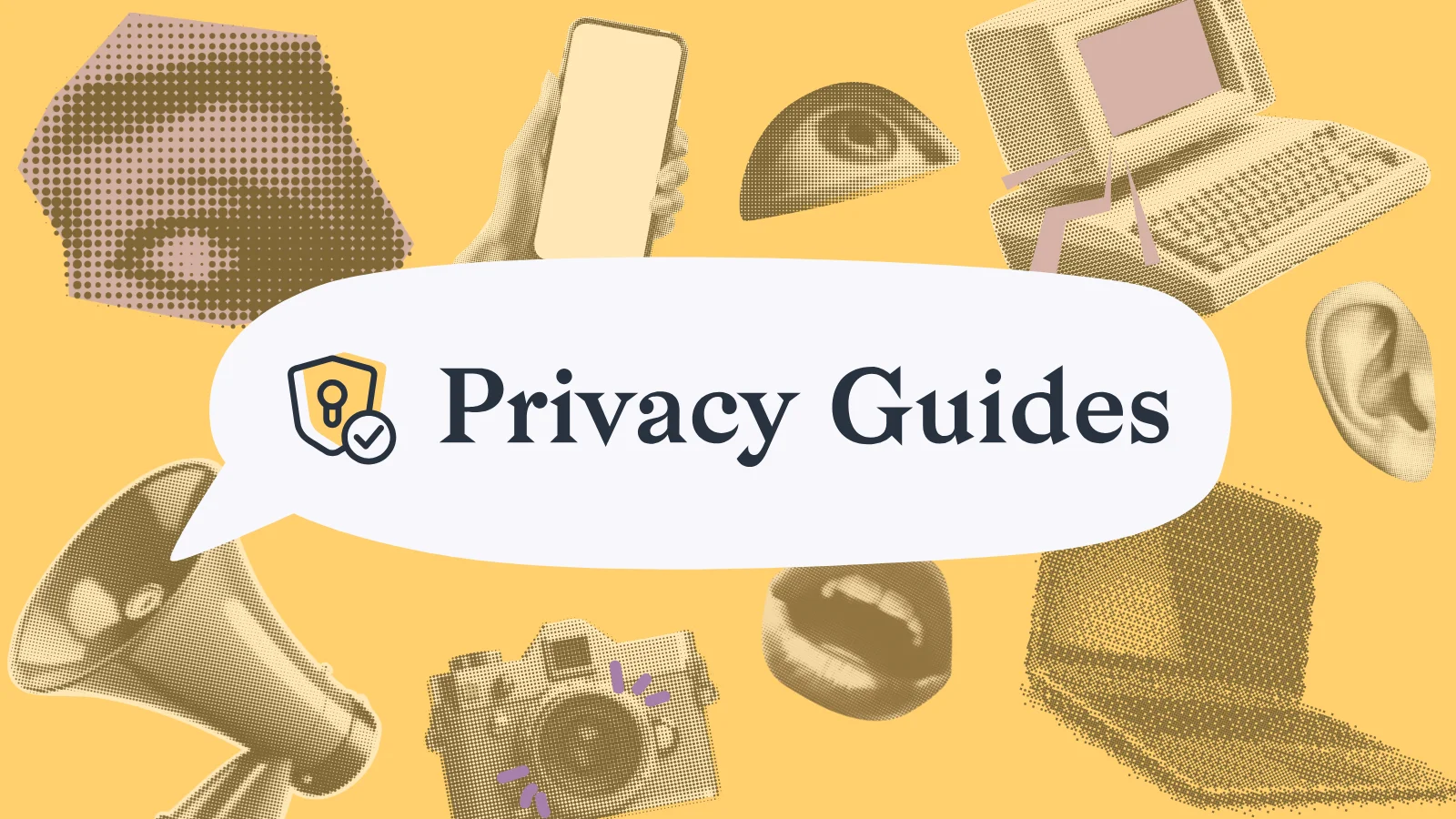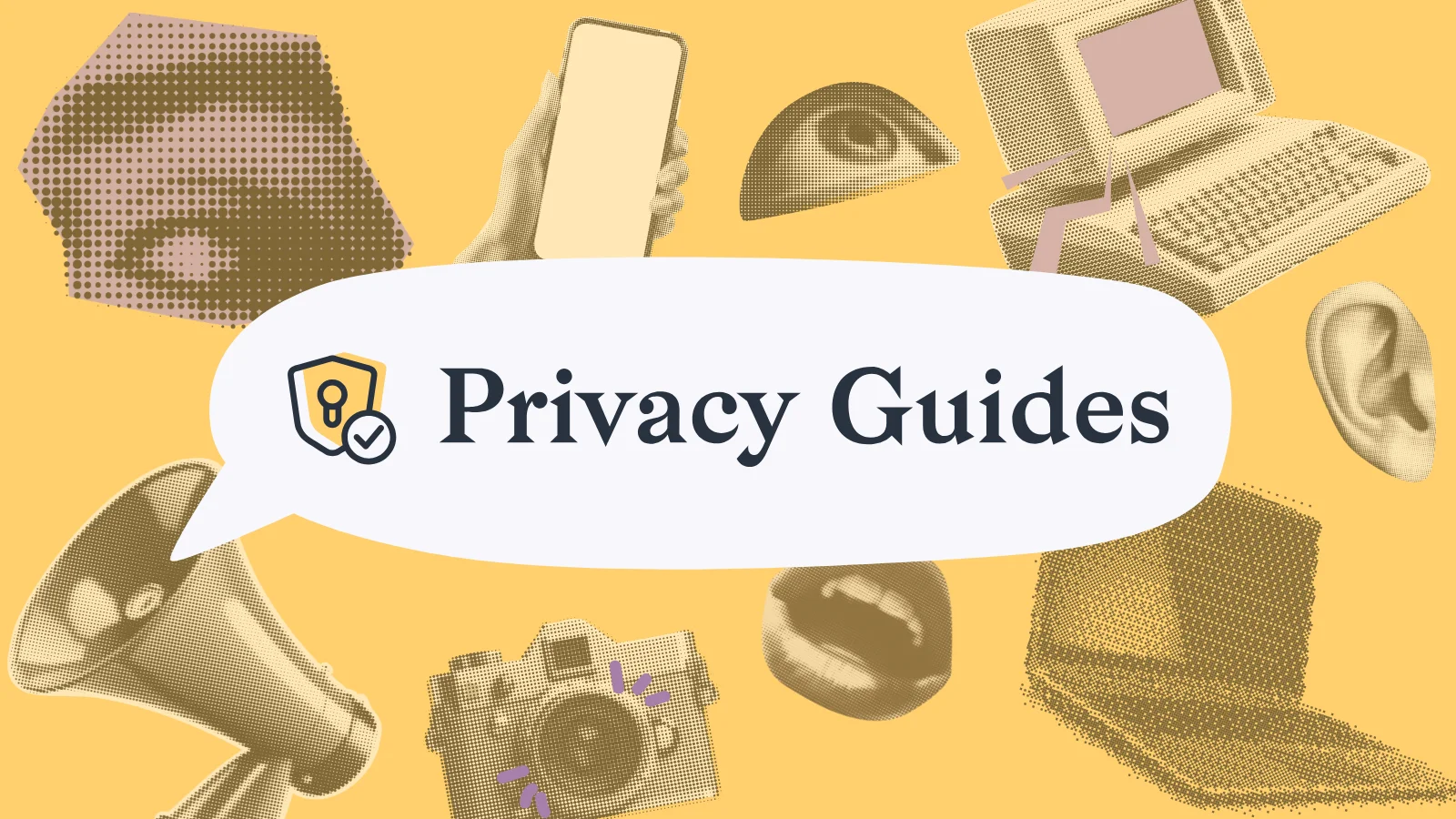OpenAI launches creepy AI browser, AWS shutters Signal and Smart Mattresses, U.S. states introduce VPN ban bills, and more

Top stories this week:
- OpenAI launches Atlas Browser for macOS
- AWS shutdown shutters Signal and smart beds alike
- Wisconsin lawmakers introduces VPN ban
- Apple removes Tea and TeaOnHer on the App Store
TWIP Live 🔴
Updates from the team
Data brokerage is a billion-dollar industry that collects and sells your personal information without your consent. In our latest video by Jordan, investigative reporter Yael Grauer from Consumer Reports takes us into the shady world of data brokers and how they can compromise your security. Don't worry, we also offer steps you can take to protect yourself against these companies.
By popular demand, we are excited to present another interview-style video. This one that has been a long time in the making and is our highest quality production yet. Check it out!
Sources
OpenAI releases Atlas web browser, featuring ChatGPT integration, security risks, and data collection
Earlier this week, OpenAI has released the Atlas web browser to compete with the likes of Perplexity's Comet browser. These AI-based browsers seek to integrate as much data collection features possible without relying on user inputs into the model itself. All that is an obvious "NO" for any privacy-conscious folks out there. Unless you like sharing your passwords with ChatGPT, of course.
We are tired of AI being forced into every browser out there. Even our recommended browsers, like Brave and Firefox, have implemented a form of AI integration to compete with these startups. Thankfully, the Tor Project has reaffirmed their commitment to never implement AI features in their latest 15.0 release of Tor Browser. Are you interested in an LLM-free browser for everyday usage? Mullvad Browser is a direct fork of Tor Browser, meaning that you can browse the internet without being on the Tor Network.


AWS outage reveals dangers of centralization; Signal messenger and smart mattresses affected
This past Monday's AWS outage had taken down a significant portion of the internet. There are two services that nobody expected to rely on their services: Signal and...smart mattresses. Wait a minute, who actually buys these things?
You should still be concerned about Signal's reliance on AWS servers. To communicate with colleagues, friends, and loved ones, you must be able to rely on your messaging app. In an interview with TechRadar, Matrix co-founder Amandine Le Pape stressed that decentralization is key for any encrypted communications app. Otherwise, there is not much standing in the way of a malicious government actor or once-in-a-million catastrophe.
This does not mean you should not use Signal though. We simply ask that you consider adopting alternative messengers just in case one service fails. Besides downloading a Matrix client like Element or Cinny, you can also utilize SimpleX or Briar for a direct decentralized alternative to Signal. You can even ask your peers to contact you over an encrypted email provider like Proton or Tuta!
And as for the smart mattress? Well, please don't waste your money on unnecessary "smart home" accessories that are online only. That is assuming you don't like sleeping on a recline for the night (or creeps knowing about your sleep patterns) 😛


More U.S. states introduce ban on age verification circumvention tech such as VPNs
Following a similar Michigan proposal, a Wisconsin lawmaker has introduced a bill in the state legislature that bans common circumvention methods for age verification. This would mandate service providers that "that knowingly and intentionally publish or distribute material harmful to minors on the Internet" to prevent connections from VPN users. As for the Michigan bill, it requires internet service providers to monitor VPN connections, and bans these companies from advertising their services for circumventing age verification.
Are you concerned about these invasive bills? Please contact your local state representatives and let your voice heard. We should not criminalize VPN usage.

Apple pulls Tea and TeaOnHer from App Store after ID card breach fiasco
Who could have thought that a gossiping app that requires verification is a bad idea? After a devastating data breach that included ID cards and private conversations, Apple has finally pulled the plug on controversial dating apps Tea and TeaOnHer.
Besides being partially vibe-coded, these apps are best known for hosting photos of individuals without their consent. Users were supposed to comment on whether this person is a "safe" or "dangerous" person. While the idea was to have a community that can screen potential dates for malicious behavior, it ended up being used for bullying and harassment as predicted.
Techcrunch reports, "Apple confirmed the apps’ removal, saying it removed Tea Dating Advice and TeaOnHer from the App Store because they failed to meet Apple’s requirements around content moderation and user privacy. The company also said it saw an excessive number of user complaints and negative reviews, which included complaints of minors’ personal information being posted in these apps."
As of today, Tea and TeaOnHer is available on the Google Play Store.

Forum Updates



Additional thanks to Kevin Pham for researching this episode and writing this newsletter.










